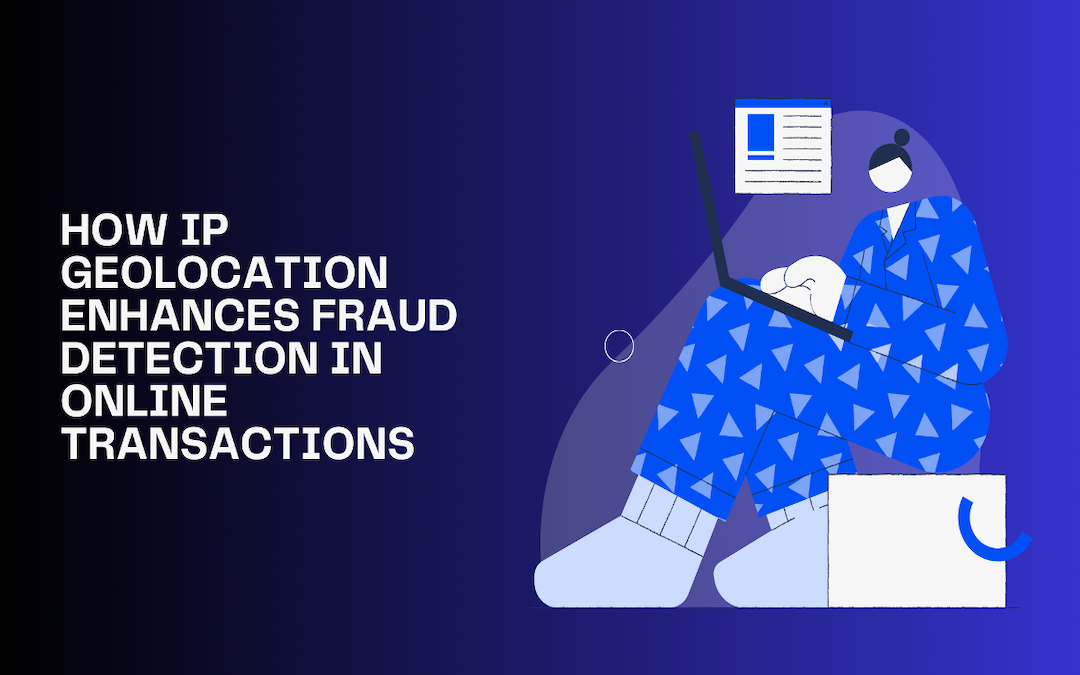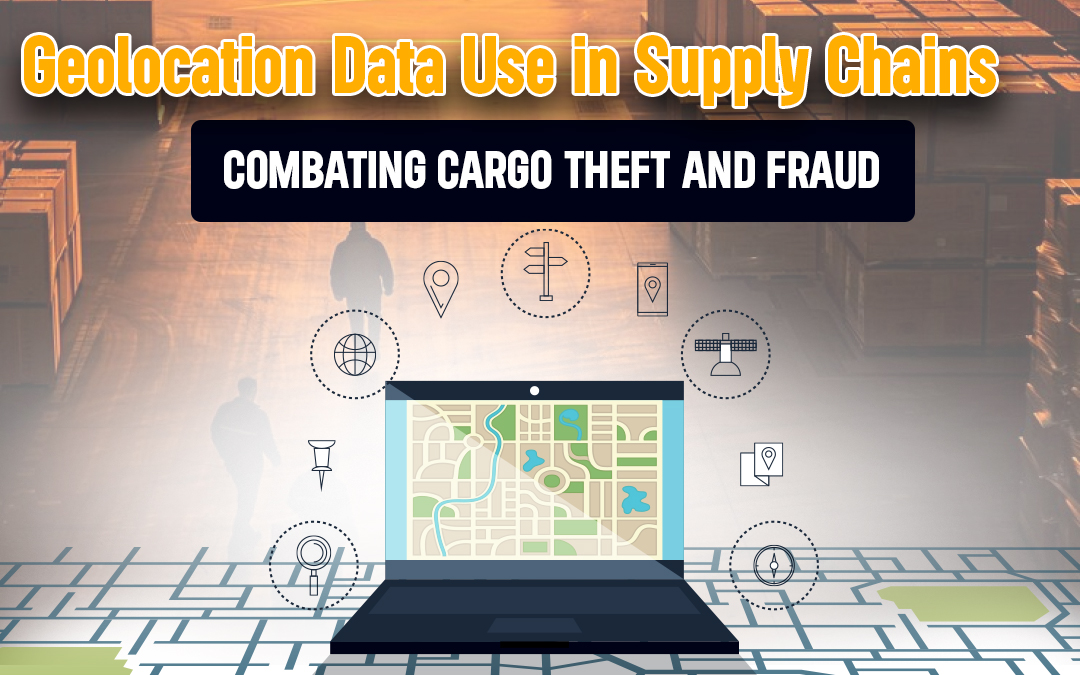
Black Friday is just around the corner, and it’s time to prepare for the massive discounts, doorbusters, and unbeatable offers. Whether you’re planning to refresh your tech gadgets, splurge on holiday gifts, or snag that one item you’ve been eyeing all year, there’s one thing you might not have considered: your IP address.







